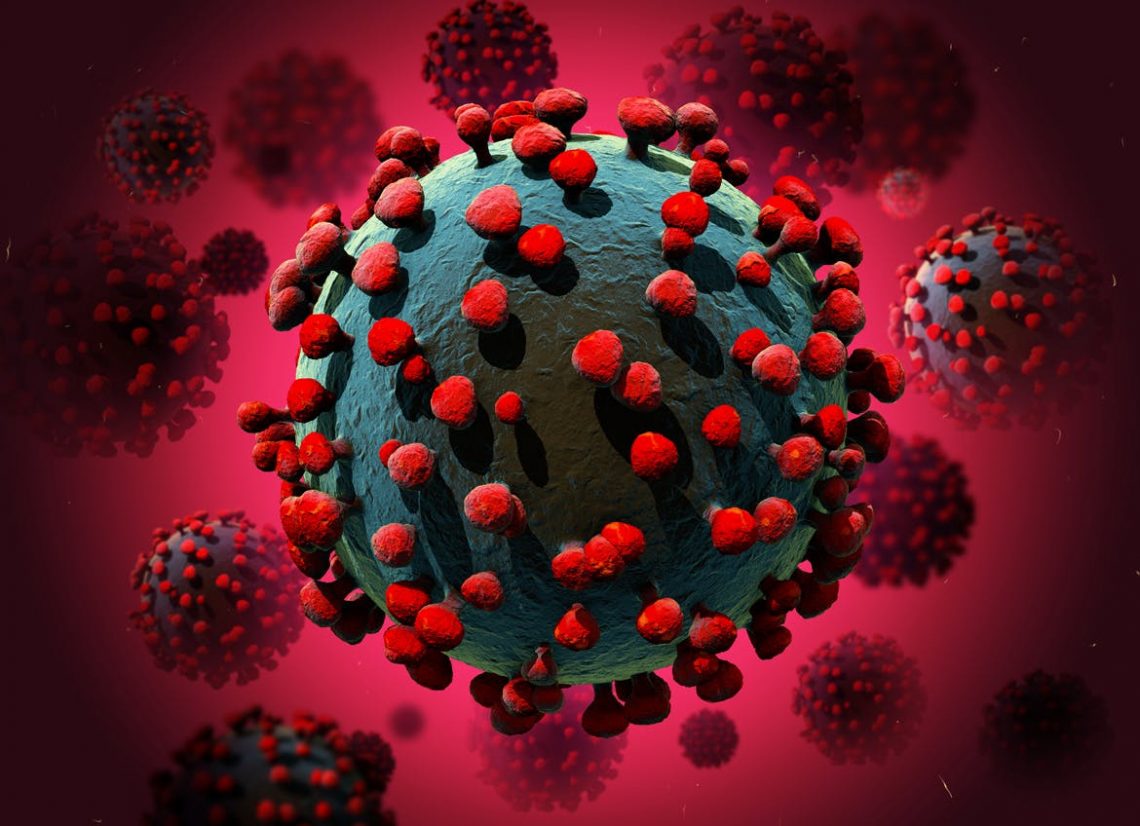Former South African President Nelson Mandela once said: “Freedom is meaningless if people cannot put food in their stomach; if they can have no shelter, if illiteracy and disease continue to dog them.”
Since the outbreak of the life-snatching disease called coronavirus the world over, there have been different measures to stem the spread of the virus one, of which is prison decongestion.
Consequently, both federal and state governments have freed quite a number of prisoners.
This measure aligns with the social distancing rule and the non-clustering of humans.
However, this measure seems ripe but unsweetened as it portends danger without palliatives. There is the danger of hunger, and may be shelter.
Yes, these prisoners have been released, but in the midst of either total or partial lockdown. Under this circumstance, how would they begin to live their lives and fend for themselves when businesses and movements have stalled? How would they feed, clothe and shelter themselves?
While the effort of government to decongest prisons as a measure to contain the spread of coronavirus is commendable, it would have been more commendable to grant freedom with palliatives to those privileged freed prisoners. One wonders how they would cope at this time without palliatives.
Nonetheless, it is not late for the government to consider palliatives for freed prisoners so that they would begin to live their normal lives outside the bars and in the COVID-19 pandemic, with some semblance of comfort.
Benjamin Ngutsav, Agbeede, Benue State

 Join Daily Trust WhatsApp Community For Quick Access To News and Happenings Around You.
Join Daily Trust WhatsApp Community For Quick Access To News and Happenings Around You.


